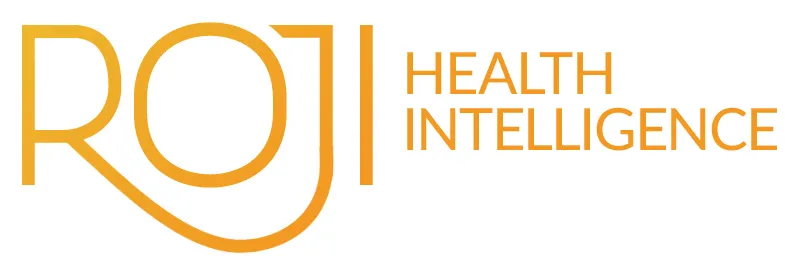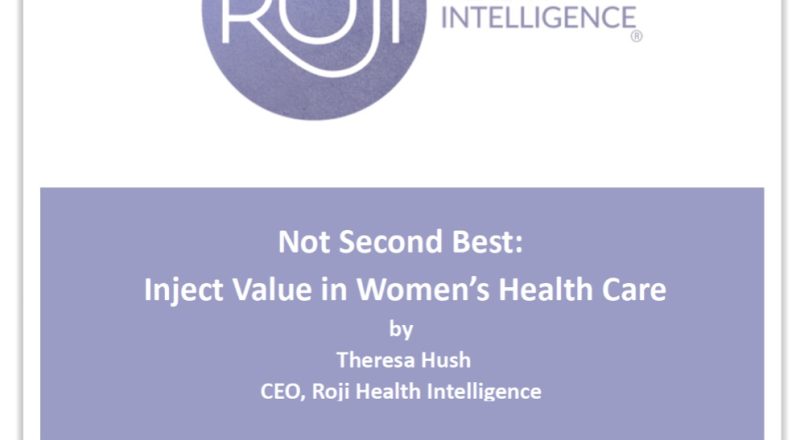There’s now no doubt that Medicare is eager to move forward with Value-Based Health Care and risk-based reimbursement. CMS has rolled out major changes to make Accountable Care Organizations (ACOs) risk-bearing and add attractive benefits to capitated Medicare Advantage plans. Add to that two new classes of Primary Care Risk Models that introduce risk-based reimbursement […]
Follow the Pathway to PCP Success In Medicare Direct Contracting
Primary care physicians were sitting on the sidelines as Medicare developed financial risk models in various generations of ACOs. At best, they could only hope to participate in Medicare Advantage and/or join a larger ACO. But potential for financial gain was elusive when the physicians’ success depended on the actions of others to achieve savings. […]
Roji News Roundup: Industry Insights from CEO Theresa Hush
From women’s health care to the future of the Affordable Care Act, Roji Health Intelligence CEO Terry Hush has shared her insights with numerous industry publications in recent months. Here’s a sampling of current articles: Value-based arrangements in ASCs — 3 quotes from an industry CEO Becker’s ASC Review | June 11, 2019 Terry’s predictions, […]
Get the eBook “Not Second Best: Inject Value in Women’s Health Care”
Six months ago, I started writing about women’s health, in response to this simple question: What trends are emerging in health care for 2019? The New Year is filled with predictions about what is coming, and I thought this year’s list from health care leaders was too “last-year.” Artificial intelligence, medical science advancements in biologicals […]
Can Small PCPs Succeed in Medicare’s Primary Care First?
Medicare’s announced primary care models will provide an interesting test of whether financially-motivated primary care practices (PCPs) can improve hospital utilization, the key outcome measure that will determine provider revenues under the pilot. While provider risk for costs of patient care is inevitable for most physicians in the future, providers don’t have the same potential […]
Here’s One Way to Do Better Science
Clinical research with randomized trials (RTs), as opposed to basic or bench research, is the science of comparison. RTs ask a fundamental question: Is “x” better than “y”? They do more than observe how treatments work; they also require methods that control the research environment. Finding an independent contribution of one action over another demands […]
Can Provider Risk Cure High Medical Costs?
Fee-for-Service (FFS) has been on a slow march toward risk-based reimbursement for two decades. But FFS has proven to be remarkably resilient—until now. In the last six months, Medicare has doubled down on creating new provider risk models for ACOs, specialists and primary care physicians. All of them have methods to ensure that providers are […]
How Providers Must Improve Value in Women’s Health
Writing the Roji Health Intelligence® series on gender disparities and other women’s health issues has been a revelation. As a woman who has worked in so many parts of the health care industry, I was already aware of basic gender disparities, risk levels, incidence of disease, and economic issues that are predominant among women. Most […]
How Will New Primary Care Models Affect Providers in VBHC?
Embraced by some provider groups and disparaged by others, CMS’s five new payment models for practices focused on primary care include much to consider. All reflect a key departure of Medicare’s Value-Based Health Care (VBHC) efforts to date: they are direct efforts by Medicare to transition physician practice revenues to risk without the necessity of […]
Do “Women’s Health Centers” and Services Deliver on Value-Based Health Care?
Women make an astounding 80 percent of health care decisions for themselves and their families. But there’s a disconnect between what women need and how providers have organized health care for them. While Value-Based Health Care (VBHC) is struggling to achieve more value for every health care dollar spent, providers are simultaneously sabotaging women in […]










